Description
Eat for your mental health and learn the fascinating science behind nutrition with this “must-read” guide from an expert psychiatrist (Amy Myers, MD).
Did you know that blueberries can help you cope with the aftereffects of trauma? That salami can cause depression, or that boosting Vitamin D intake can help treat anxiety?
When it comes to diet, most people’s concerns involve weight loss, fitness, cardiac health, and longevity. But what we eat affects more than our bodies; it also affects our brains. And recent studies have shown that diet can have a profound impact on mental health conditions ranging from ADHD to depression, anxiety, sleep disorders, OCD, dementia and beyond.
A triple threat in the food space, Dr. Uma Naidoo is a board-certified psychiatrist, nutrition specialist, and professionally trained chef. In This Is Your Brain on Food, she draws on cutting-edge research to explain the many ways in which food contributes to our mental health, and shows how a sound diet can help treat and prevent a wide range of psychological and cognitive health issues.
Packed with fascinating science, actionable nutritional recommendations, and 40 delicious, brain-healthy recipes, This Is Your Brain on Food is the go-to guide to optimizing your mental health with food.
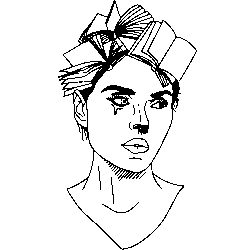
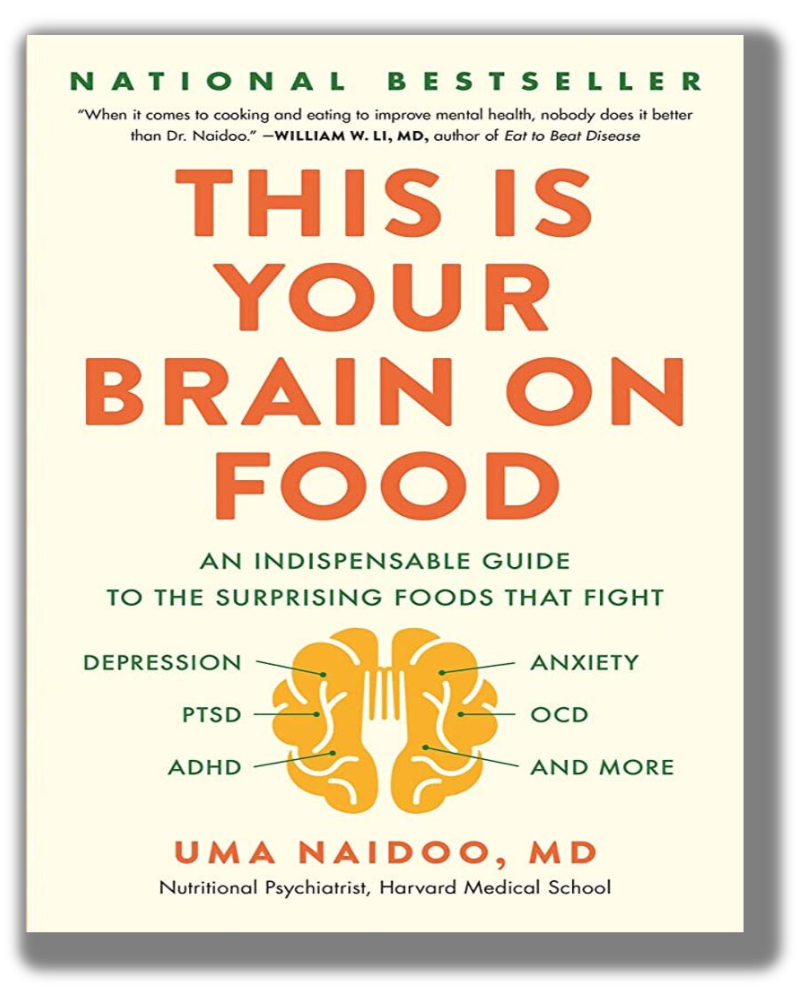
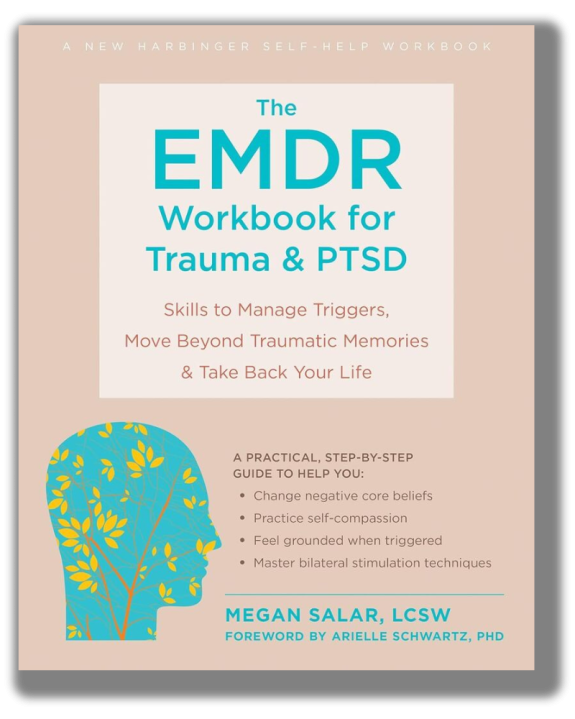
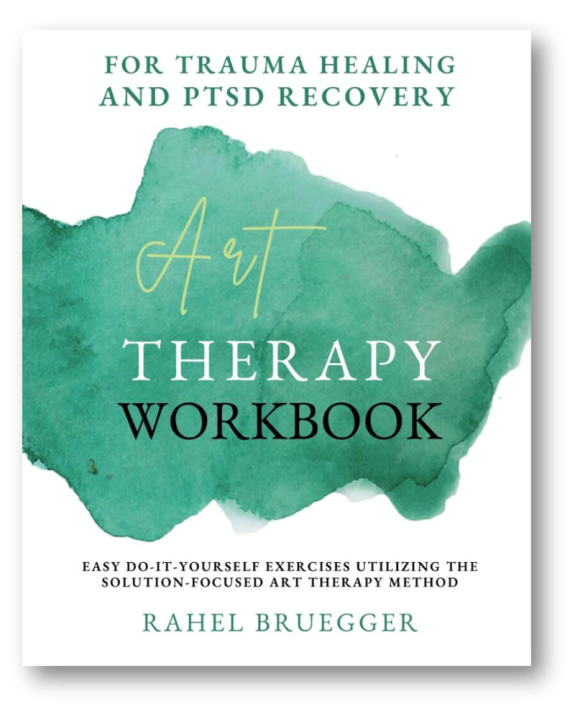
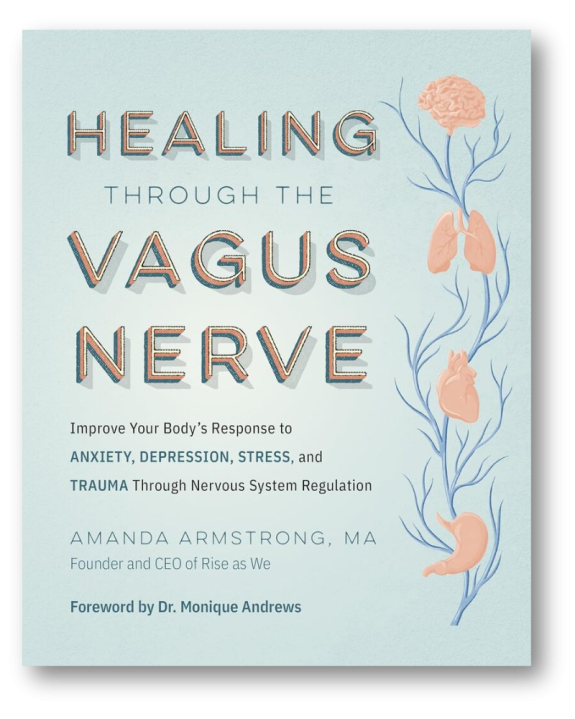
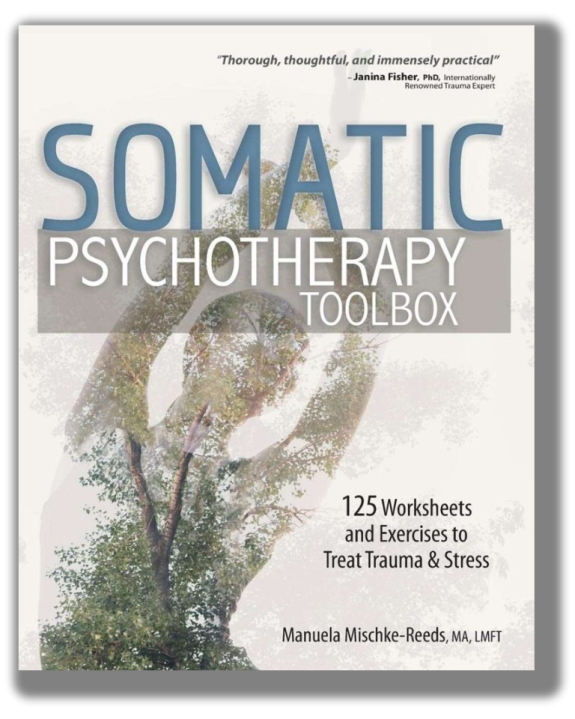
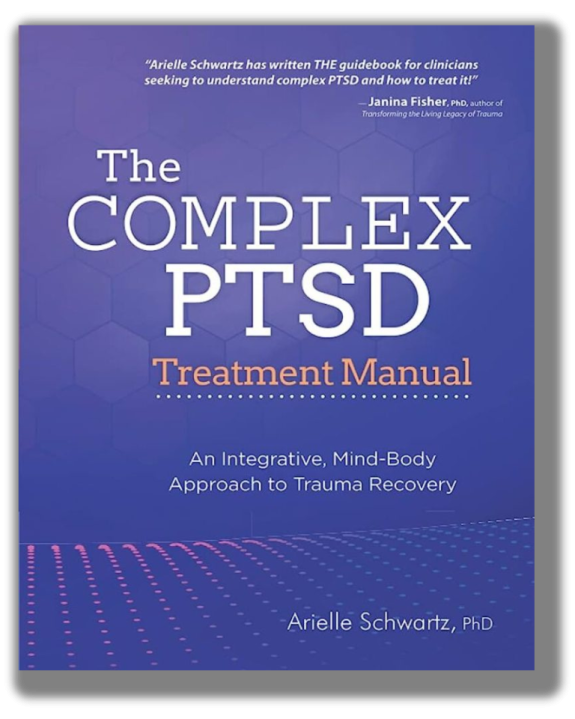

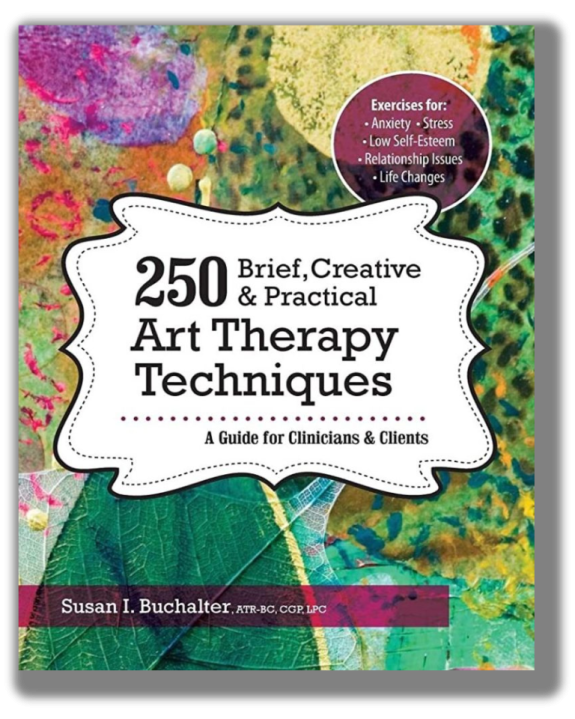
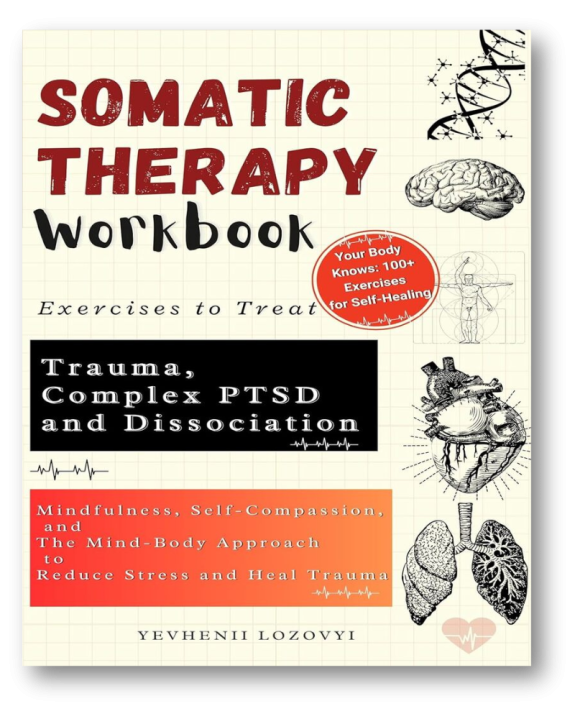
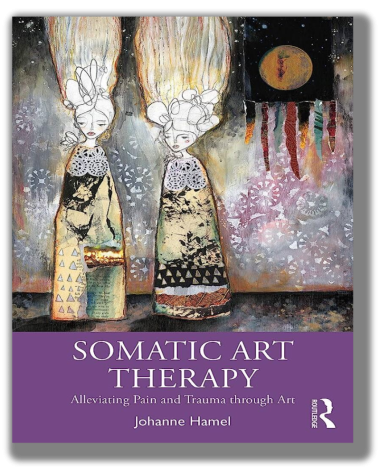
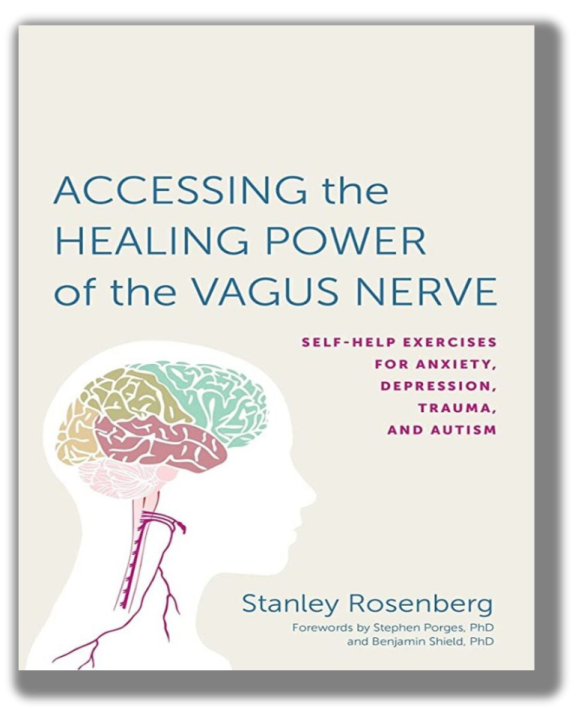
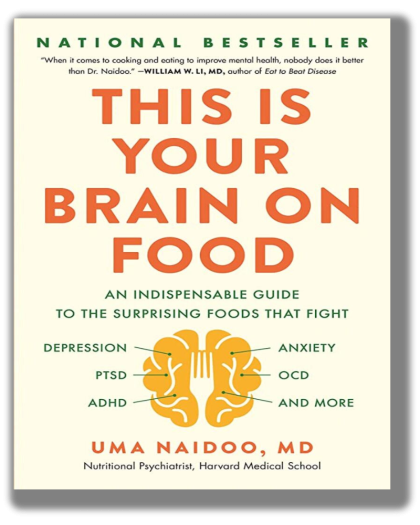
I listened to this during a 2 day interstate car trip. I couldn’t get anything else to load so I was basically a captive audience. I’m so glad that I “read” it. It has changed the way I eat and I just feel better.Re: her recipes; I have the Chia Seed Pudding with Frozen Fruit & Nuts on rotation along with the Sardine, tomato, lemon snack in lettuce leaves (I use endive leaves which I like even better).The information does get repetitive but that is because it’s set up to address your specific condition and you can just flip to that part of the book Much of the advice addresses more than one condition.Definitely worth a read and the audio book is read quite competently by the author.
This is what I would call a mostly filler book, it’s full of anecdotal stories that support the things going forward,
it holds back on a lot of important information that’s in many other books, that this basically just recycles and it’s very repetitive,
where other books that
provide the same information and more detailed information and more information that she’s completely left out,
those other books are roughly the same size with more information
,because of this now I’m guessing she’s writing for people who read books but don’t actually study when they read most of the time,
that’s my guess, I don’t know, they got her to sell a bunch of books and if it gets you to do the right thing who the f*** gives a s*** what I have to say
I know I don’t
but I would be lying if I didn’t say what’s the truth:
there are far better books on this
so if you have read this, you’ve probably read the others and know this,
or if you haven’t, get out there and read, she’s leaving out a ton of information, in place of recipes buying kitchen items and here’s the story of this person who did person things and they had person reactions and then we eventually worked on the person and the person became better… the end, repeat repeat repeat, and also weirdly have no sources for the “recent study” that always goes unnamed, dispite the wonderful sources on everything else….
I learned what to look for in my writing, so thank you author.
Great read for me since gluten has been an issue for me.
Dr. Naidoo writes a thorough and well researched book for the lay reader. She stresses the gut brain connection’s importance in mental health.
The more common disorders needs are carefully highlighted in terms of nutrients and food. This arms the reader with information rather than stigmatizing a condition. The recipes in the back are healthy and yummy!
the foods to avoid